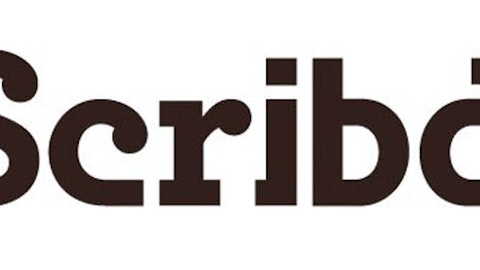Last Saturday, Suze Orman, author, financial advisor and motivational speaker, explained, in her CNBC show, the five biggest mistakes one can make with his/her retirement account. Before getting her own show, The Suze Orman Show, in 2002, Mrs. Orman worked as a financial advisor for Merrill Lynch, as the vice-president of investments at Prudential Bache Securities, and founded the Suze Orman Financial Group. So, let’s take a closer look at this specialist’s advise regarding retirement accounts.
Retirement funds have become more important than ever before. “The day of getting a pension, the day of the Corporations taking care of you and paying for health insurance…they’re gone!” the anchorwoman assures (CNBC). “You, and you alone, are going to be responsible for your own future,” and the only place you’ll be able to get that money from, once you’re retired, is from your retirement account. Given this situation, Mrs. Orman provides a few tips on how to preserve the money in your accounts. These are the five mistakes you should avoid:
1) Not contributing to a 401(k) that has a matching contribution, as this would mean passing up free money (no further explanation seems necessary… never pass up free money!)
2) “Not taking advantage of a Roth 401(k) and a Roth I.R.A. You want to make sure that you take advantage of the Roths and the 401(k), because you can withdraw money without penalties or taxes. You want to know that things are tax-free, so do a Roth, versus a traditional” (CNBC).
But, what is a Roth I.R.A. (individual retirement agreement)?
It is a particular type of retirement plan (in the U.S.) that is generally not taxed. Employees and self-employed individuals voluntarily contribute post-tax funds to an I.R.A. that allows tax-free growth and distribution. However, some conditions have to be met: contributions must have been invested for at least 5 years; the account owner must have reached 59 ½ years of age; and yearly contributions must not surpass $5,500 if the owner is under age 50, or $6,500 if the owner surpasses the 50 year old threshold (data for 2013).
“The Roth 401(k) combines some of the most advantageous aspects of both the 401(k) and the Roth IRA” (check full details here).
3) “Investing in a variable annuity, or bond funds, or target date funds inside a retirement account” (CNBC).
Although Mrs. Orman does not go into the reasons behind this statement, she assures that there are not wise investments and exhorts her viewers to keep away from them “like the pague.”
4) Taking a loan from a 401(k) to -let’s say- pay off debts or get some interest from your money, and then pay yourself back.
This is certainly not wise: “you are paying back pre-tax dollars with after-tax dollars. So when you go to take it out again, you’ve just volunteered for double taxation.”
5) “Taking an early withdrawal from a retirement account to solve a financial problem.” This is probably the most important tip you’ll receive regarding retirement accounts. These accounts are protected against bankruptcy.
So, NEVER withdraw money. “Pay taxes, pay a penalty to solve a financial problem today.” Withdrawing money from your retirement account will not only, not-solve your current financial problems (most times), but will also create financial problems for the future.
Now you know what things not to do with your retirement account. But what should you do? Well, practically nothing: contribute, do not touch the money in it, wait, and enjoy retirement, when the time comes.
Watch the video below:
Disclosure: Javier Hasse holds no interest in any retirement-related institutions.


